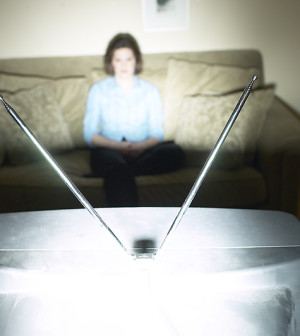- 8 Ways to Increase Dopamine Naturally
- 7 Best Breads for Maintaining Stable Blood Sugar
- Gelatin vs. Collagen: Which is Best for Skin, Nails, and Joints?
- The Long-Term Effects of Daily Turmeric Supplements on Liver Health
- Could Your Grocery Store Meat Be Causing Recurring UTIs?
- Are You Making This Expensive Thermostat Error This Winter?
- Recognizing the Signs of Hypothyroidism
- 10 Strategies to Overcome Insomnia
- Could Artificial Sweeteners Be Aging the Brain Faster?
- Techniques for Soothing Your Nervous System
Do You Often Recall Dreams? Your Brain Might Be More Active


People who often remember their dreams have high levels of activity in certain areas of the brain, a new study says.
Researchers led by Perrine Ruby, of the Lyon Neuroscience Research Center in France, conducted brain scans on 41 people while they were awake and while they slept. Of the participants, 21 remembered dreams an average of about five mornings per week (“high dream recallers”) and 20 remembered dreams only two mornings per month (“low dream recallers”).
When asleep and awake, the high dream recallers showed higher levels of activity in the brain’s medial prefrontal cortex and temporo-parietal junction, which is an information-processing hub, according to a news release from the French National Institute of Health and Medical Research (INSERM).
The study was published online Feb. 19 in the journal Neuropsychopharmacology.
Previous research by the same team found that high dream recallers have twice as many periods of wakefulness during the night and that their brains react more to sounds while they’re sleeping and awake, compared to low dream recallers.
The increased brain activity in high dream recallers may cause them to wake up more often during sleep and thereby improve their recollection of dreams, Ruby said in the news release. She noted that the “sleeping brain is not capable of memorizing new information; it needs to awaken to be able to do that.”
The researchers also said that high dream recallers may have more dreams than low recallers and therefore more dreams to remember.
More information
The National Sleep Foundation has more about dreams and sleep.
Source: HealthDay
Copyright © 2026 HealthDay. All rights reserved.










